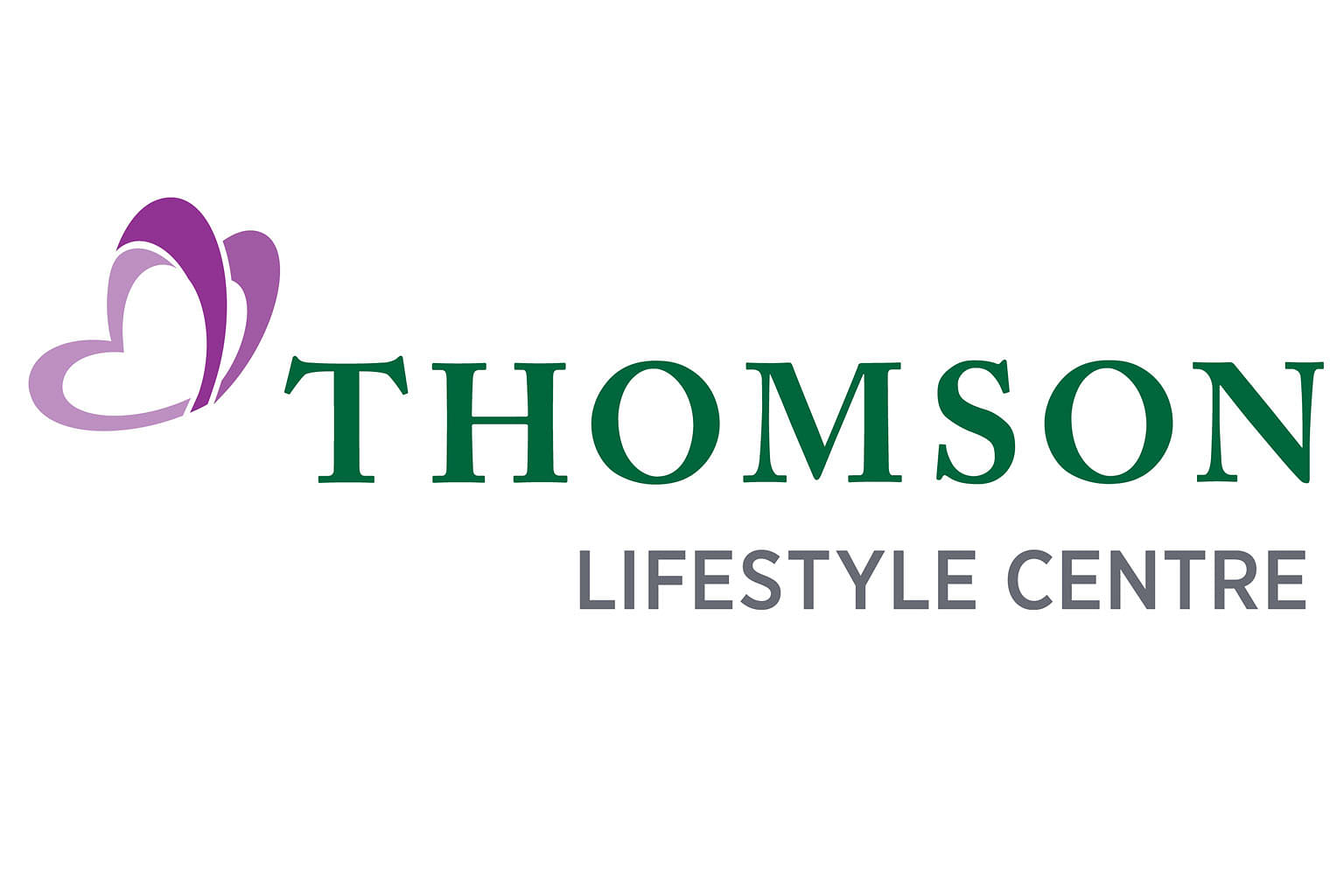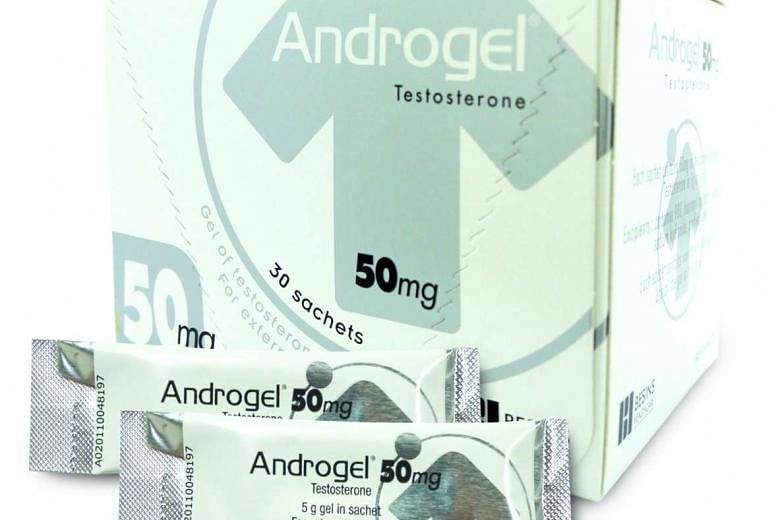Q: I am a 35-year-old man who exercises regularly. I do not drink alcohol or smoke. Despite this, I have noticed a decrease in lean muscle mass and an increase in my waistline.
I have been married for a year and am planning to start a family. Recently, I have noticed physical lethargy and a loss of sex drive and general enthusiasm. I was diagnosed with andropause and told that a mumps infection I had as a child was a contributing factor. However, no treatment was suggested.
My friends with similar conditions said they were treated with an injection. What should I do?
A: Andropause or low testosterone syndrome refers to the decline in a man's production of the male hormone testosterone, to a stage where levels become insufficient for optimal health and well-being.
Although testosterone levels decline significantly after the age of 40, in your case, it could have been accelerated by the mumps infection, which commonly results in testicular inflammation.
The testis is the organ that produces the bulk of testosterone. Previous injuries to the testis and an undiagnosed undescended testis condition can also result in an earlier onset of andropause, which is also accelerated by obesity, excessive alcohol consumption and a sedentary lifestyle.
Besides symptoms of physical fatigue and reduced libido, many men also complain of a loss of erectile firmness, a loss of muscle mass or muscle definition and weight gain.
Sufferers may also notice a loss of zest for both work and leisure. They often become less confident and sociable.
EASILY TREATED
Most patients with andropause are unaware that they are suffering from an easily treatable condition. A blood test for the hormone level is required to confirm if one has the condition. The typical range for testosterone levels falls between 5 and 35nmol/L. Men with levels below 12nmol/L are deemed to have low testosterone.
During screening, other hormones, such as thyroid and stress response hormones, are also tested for. They serve as additional information that will influence the choice of treatment.
An imbalance of those hormones can also lead to fatigue and weight gain.
Although treatment frequently involves testosterone replacement in the form of injections or gels, this option will not be suitable for you as you are planning to start a family.
A trial of clomiphene, a drug that stimulates endogenous or natural testosterone production, can be considered for younger patients such as yourself.
Management will start with initiating some positive lifestyle changes. A dietary plan and exercise routine will often be prescribed as part of a weight loss programme. Significant improvements can be noted in sedentary and overweight men just by leading a healthier lifestyle.
Optimising testosterone levels is not just about improving declining sexuality or physical vitality. There are psychological symptoms as well as medical conditions, such as an increased risk of osteoporosis and diabetes, that can be addressed or prevented with proper treatment.
DR DEREK KOH,
head of the Thomson Lifestyle Centre
(Preventive Medicine and Health Screening)
Brought to you by


